Date: 25 June 2014
These are just some of the innovations that German glass melting plant and machinery manufacturer JSJ Jodeit will be showcasing at the leading industry event glasstec, held in Düsseldorf from 21 to 24 October.Chemical pre-tempering of glass is still done in an intermittent process.The material is dipped into an electrically heated tank filled with molten salt in order to obtain the ion-exchange required for pre-stressing. Depending on the results to be achieved, it stays there for more or less time. Then it is removed, washed and dried and the whole process can start all over again. The output of the plant decisively depends on the number and size of salt tanks. The more glass fits in the tanks, the higher the throughput. Capacity is therefore quite limited.
.jpg)
Expecting the percentage of chemically tempered glass to rise in future: the Managing Director of JSJ Jodeit GmbH, Dr.-Ing. Harald Jodeit.
This drawback could be remedied by a process that is not intermittent but continuous. This is precisely what the engineers and technicians of the German glass machinery manufacturer JSJ Jodeit have put into practice. The operation is a fundamentally simple process. The pre-heated glass is not dipped into a salt tank but runs through a tunnel where it is sprayed with a special salt mixture. Then it is passed through a heating tunnel where it is heated even further and the ion exchange required for increasing strength takes place. The glass finally leaves the line cooled off and chemically pre-tempered. Since the line can be fed constantly, there are no interruptions in the production process unlike with the conventional method. The process is therefore continuous and this brings substantial technical and economic benefits. As Dr.-Ing. Harald Jodeit, Managing Partner at JSJ Jodeit GmbH says, this not only helps to increase throughput many times over; even large-format custom sheets, for which often specially dimensioned, expensive salt tanks have to be custom-built, could be pre-stressed for less with this new process. The technology is primarily suited for all glass types containing sodium and, hence, not just for standard float and thin glass but also for hollow and special glass.
View into one of JSJ Jodeit's advanced refining technology for alkali-free alumo-borosilicate glass.
Substantially less expensive
At present, the project is still in the trial phase. Commissioned in close cooperation with a customer, says Jodeit, a pilot plant is being built. Initial test results are said to be available by October. Based on these, an industrial-scale plant will then be erected. The Managing Partner expects chemical tempering to become attractive for far more applications than used so far thanks to the new, markedly cheaper technology. "There are still many areas where chemical tempering for increasing toughness will prove invaluable for a wide variety of items."
A rough outline of the new process was presented for the first time at the most recent meeting of the Industry Working Party Research and Technology organised by the German Engineering Federation (VDMA) in Frankfurt. At least twice a year, high-ranking representatives of glass machinery and plant manufacturers, glass producers and research institutes based in Germany meet here to exchange information and ideas. At glasstec a representative of JSJ Jodeit will be introducing the new process to an international expert audience at the lecture series also organised by the VDMA on the second day of the trade fair.
However, JSJ Jodeit has even more in store than complete production lines for continuous glass tempering. For over a year now, Jodeit employees have already been busy developing an IR-based advanced conditioning technology. Unlike with the conventional gas or electric-fired systems, the IR technology selectively heats the glass rather than the whole room. And this saves "quite a bit of energy", says Jodeit. Furthermore, cycle time is shorter and capital expenditure lower. Another benefit according to the Managing Partner is the smaller footprint. Jodeit expects the first processing lines to be available next year. glasstec will see the premiere of this technology.
This graph shows an electrically heated melting furnace at JSJ Jodeit GmbH for alkali-free alumo-borosilicate glass with a downstream Direct Heated Platinum System for further processing.
Less investment required
Intense research is also underway in glass melting technology. Some eight years ago the company successfully offered the world's first all-electric melting units for alkali-free special glass to the world market. Their daily output was and still is below ten tons today. Now engineers are working on increasing capacity. Jodeit says: "We expect to be able to offer daily outputs of up to 20 tons by next year if not sooner." But this is not the end of it – solutions to also cover the range between 20 and 50 tons are already being worked on. So far only fuel-fired furnaces are used here, probably with electric boosting.
The benefits of this advanced melting technology are considerable. Since no fossil fuels are used, the burden on the environment is lower. And capital expenditure and energy consumption are also lower, says Jodeit, let alone the significantly smaller footprint. Furthermore, depending on the glass type refining agents can be completely dispensed with if the melting unit is combined with a suitable, down-stream refining chamber. This, says Jodeit, also helps to protect the environment as well as produce a wide variety of excellent quality glass efficiently and in high yields.
Source of the image: JSJ Jodeit GmbH

.jpg)
.jpg)
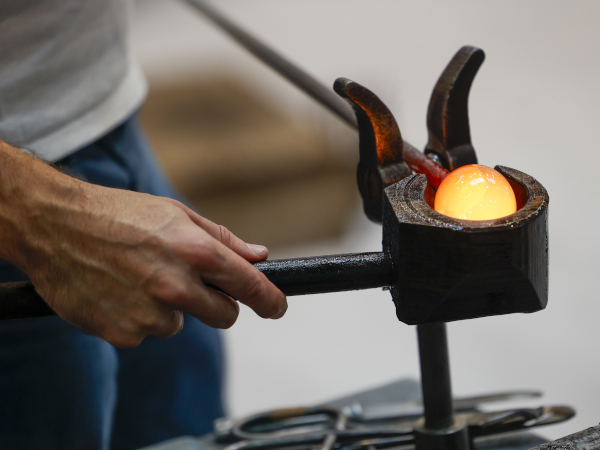
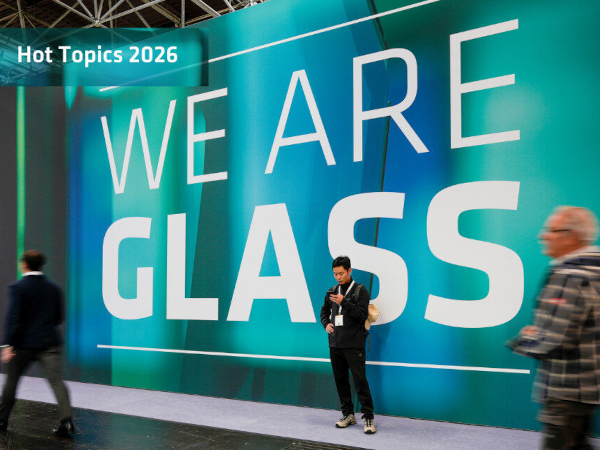
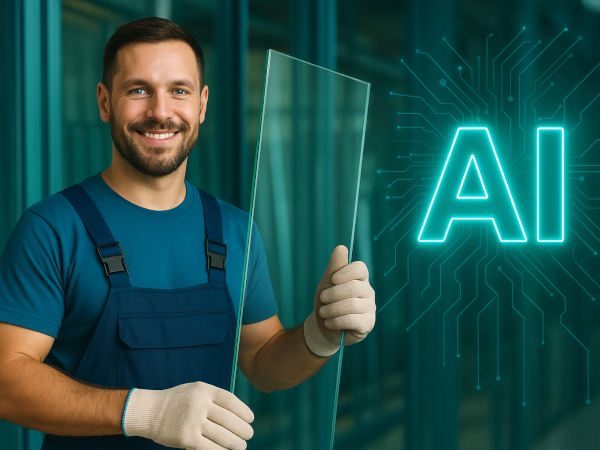
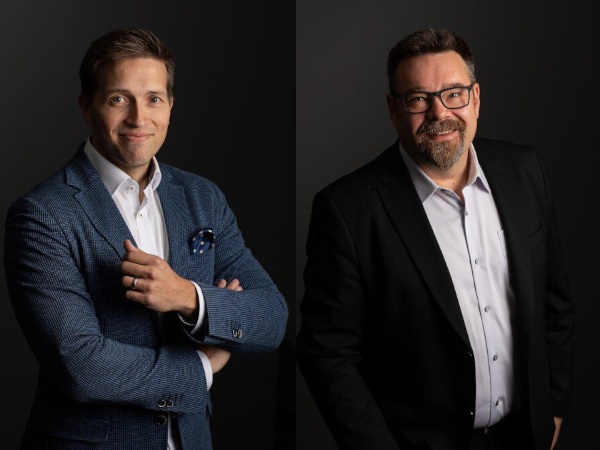

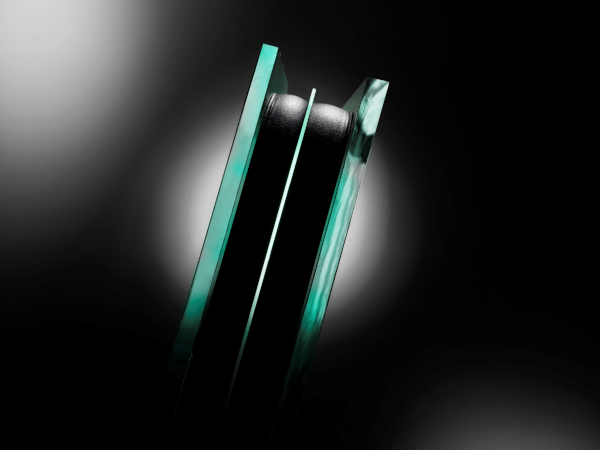
Add new comment